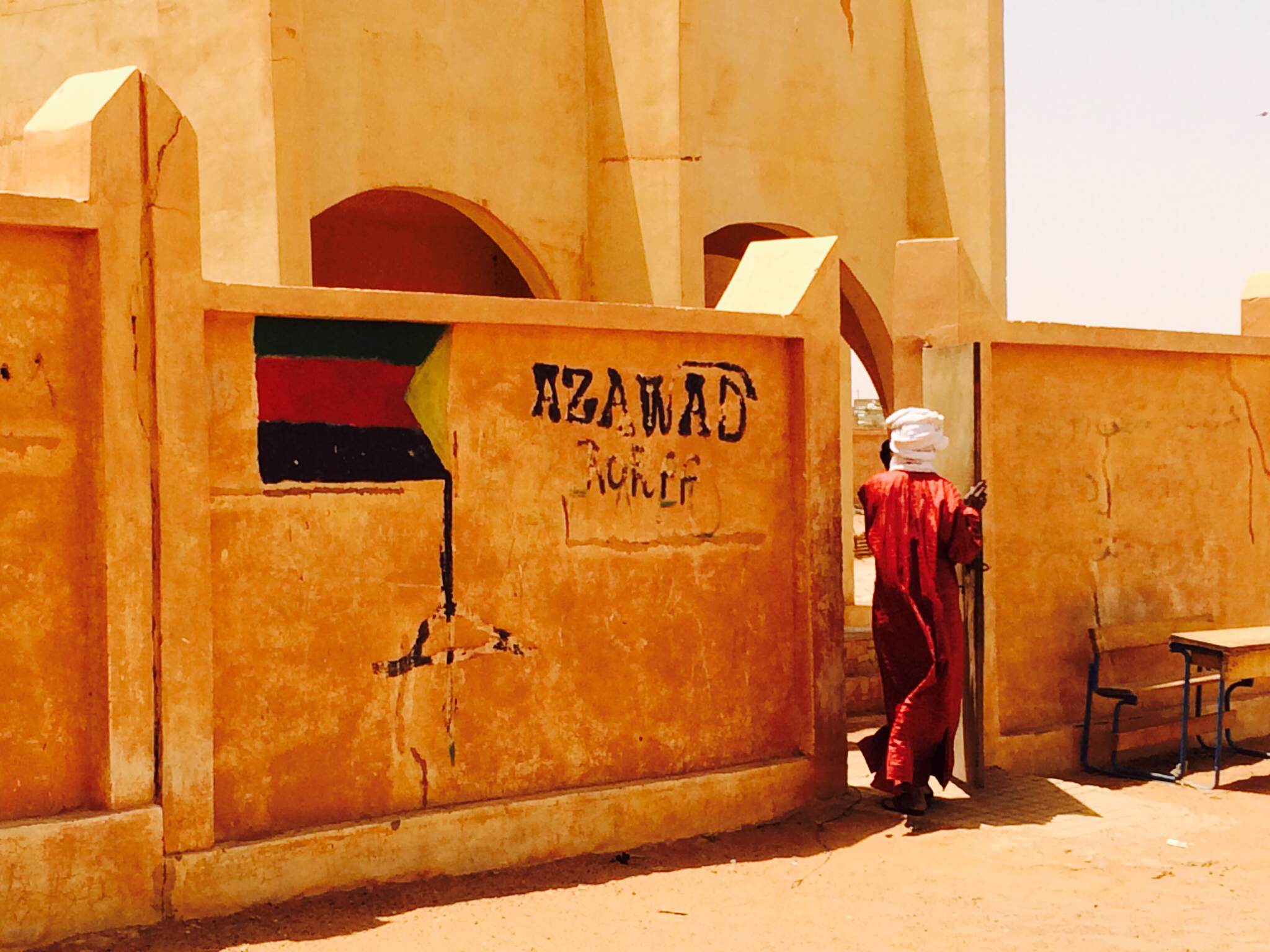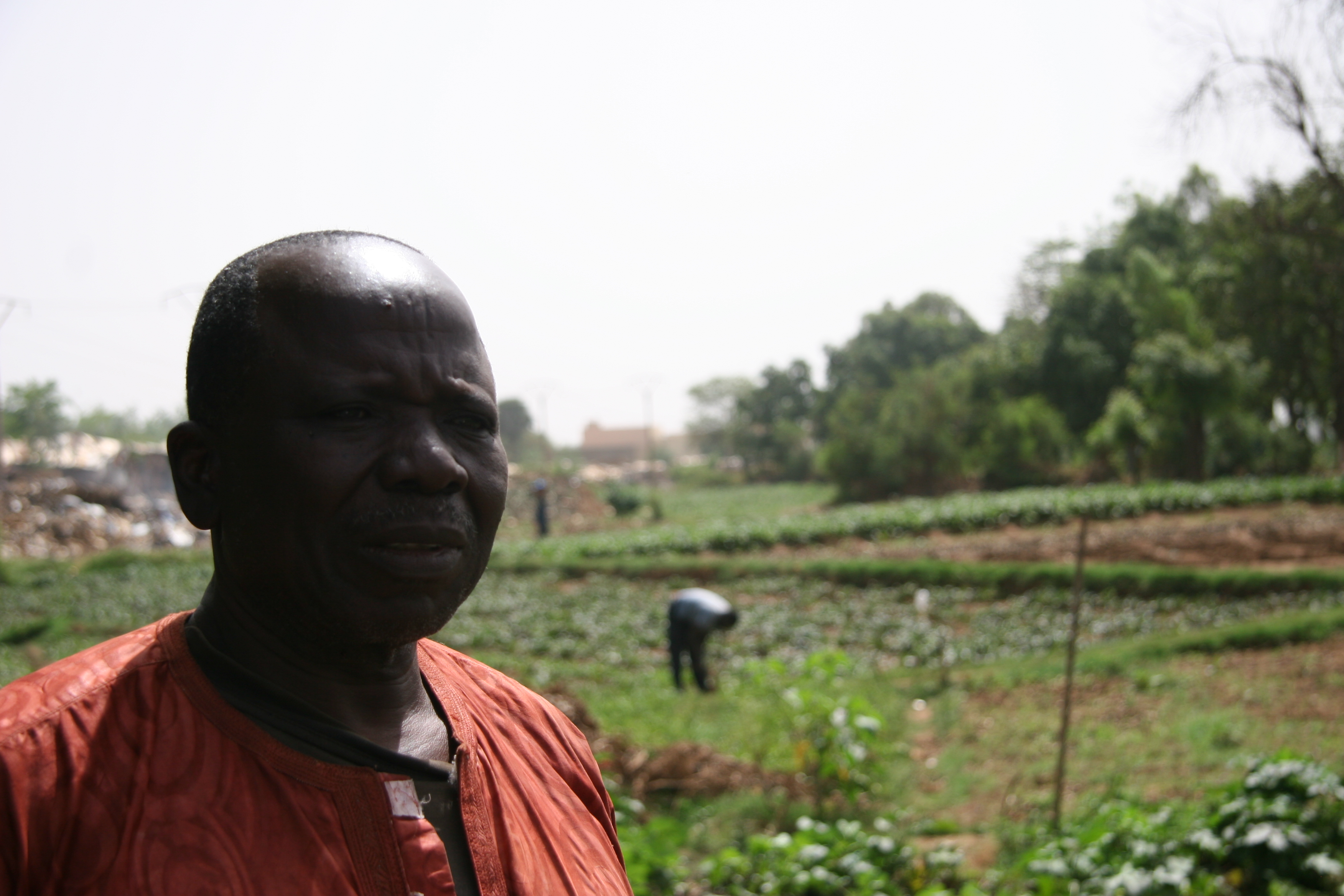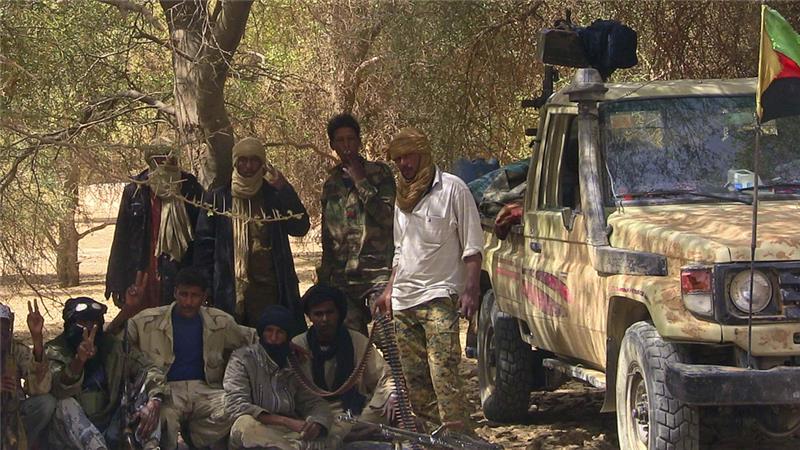
Before the ouster of dictator Moammar Qaddafi, a division of Libya's sovereign wealth fund purchased 100,000 hectares of prime agricultural land in Mali, a desert country wracked by political violence and hunger. The deal, signed in 2009 but begun a year prior, was reportedly negotiated directly between the heads of state of the two countries. The details were not made public.
Since the overthrow of Qaddafi, Libya has descended into chaos, with rival militias controlling different cities and two parallel "governments" fighting for power.
But what happened to land Libya bought in Mali? The purchase is part of a larger trend. Globally, these so-called "land grabs"—where wealthy states buy fertile agricultural real-estate in poor countries–now account for an area larger than Poland, according to a recent study.
These deals are frequently reported when they are first signed, but few news organizations follow-up to see what has actually happened on the ground, especially in northern Mali, which is facing a series of insurgencies.
With political unrest in Libya and Mali dominating headlines, journalist Christopher Arsenault looks at the murky status of this land. Who controls it now? Is anything being grown there for export to Libya? Are the pangs of hunger driving Mali's violence? And most importantly: What happened to the local people who were using it to grow much needed food?











